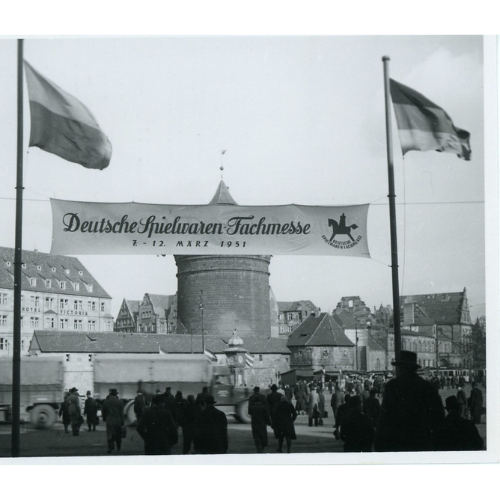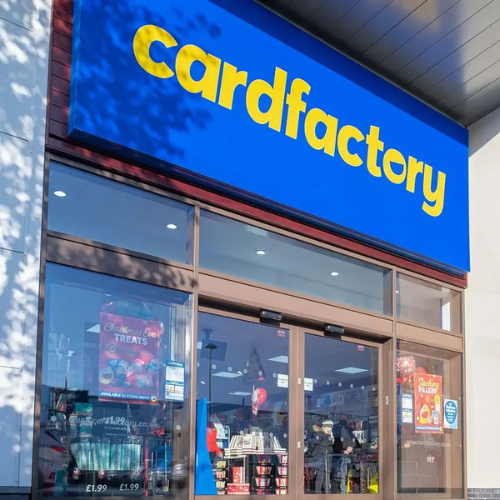Figures from the British Retail Consortium have shown a 1% decrease in June 2022.
Year-on-year, sales declined by 1.3% from June 2021, when they had increased 6.7%. Non-food sales decreased by 3.3% on a total basis, and 4.2% on a like-for-like basis. This is below the 12-month average growth of 5%.
Over the three months to June, non-food retail sales decreased by 3.3% on a total basis, and 4.2% on a like-for-like basis. Meanwhile online non-food sales decreased by 9.1% in June, compared to a decline of 5.9% in June 2021.
Helen Dickinson OBE, chief executive of the BRC, commented: “Sales volumes are falling to a rate not seen since the depths of the pandemic, as inflation continues to bite, and households cut back spending. Discretionary purchases were hit hard, while consumers also traded down to cheaper brands in food and non-food alike.
“Retailers are caught between significant rising costs in their supply chains and protecting their customers from price rises. The government needs to get creative and find ways to help relieve some of this cost pressure – the upcoming consultation on transitional relief is a golden opportunity to ensure that retailers aren’t overpaying on their business rates bills. Government action on transitional relief would make a meaningful difference to retailers’ costs and ease pressure on prices for customers.”
Paul Martin, UK head of retail at KPMG, added: “Retail sales continued to slide for the third month in a row, albeit down just 1% on what was a strong June 2021, and against a backdrop of unprecedented rises on the high street.
“Online shopping continued to move in reverse with total sales down 9%. As the cost of living crisis continues to deepen, retailers face walking a fine line between protecting margins and further denting consumer confidence by passing on price rises whilst negotiating with their suppliers to share the cost increases. Cost and efficiency will dominate retailers’ agendas as they are forced to make some tough decisions on which products make it to the shelves in order to remain price competitive for consumers.
“With a long run of hot weather predicted and many consumers choosing to holiday at home this summer, retailers will be hoping that the feel-good factor begins to improve confidence amongst some shoppers – as presently overall confidence levels are lower than sales may suggest.”























